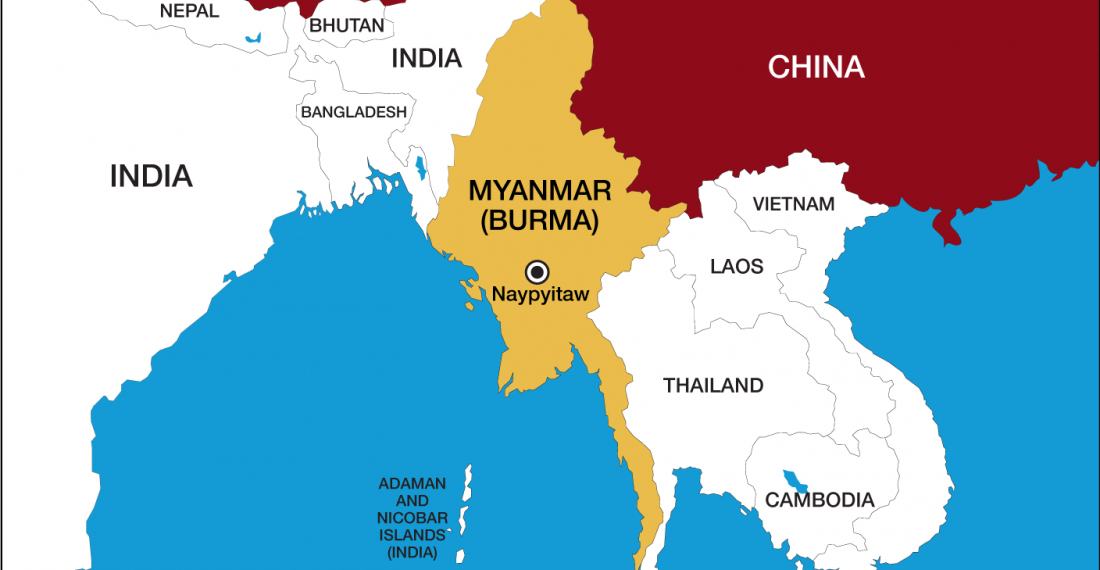Myanmar’s military seized power on Monday in a coup against the democratically elected government of Nobel laureate Aung San Suu Kyi, who was detained along with other leaders of her National League for Democracy (NLD) party in early morning raids.
The army said it had carried out the detentions in response to “election fraud”, according to a statement on a military-owned television station.
The military take over has already been condemned by many world leaders. US Secretary of State Antony Blinken said,
“We call on Burmese military leaders to release all government officials and civil society leaders and respect the will of the people of Burma as expressed in democratic elections on November 8. The United States stands with the people of Burma in their aspirations for democracy, freedom, peace, and development. The military must reverse these actions immediately.”
There were also comments by UN Secretary General Antonio Gutteres:
“These developments represent a serious blow to democratic reforms,” Guterres’ spokesman Stephane Dujarric said in a statement.
“All leaders must act in the greater interest of Myanmar’s democratic reform, engaging in meaningful dialogue, refraining from violence and fully respecting human rights and fundamental freedoms.”
source: commonspace.eu with agencies
photo: Map of Myanmar (archive picture)







